
Luisa Piart
As a social anthropologist, I know that social dynamics and societal transformations can be most fully understood in everyday life. While others study them from a distance, I examine them in close engagement with people on the ground.

Hynek Becka
Anthropology allows me to understand worlds that would otherwise remain inaccessible to me.
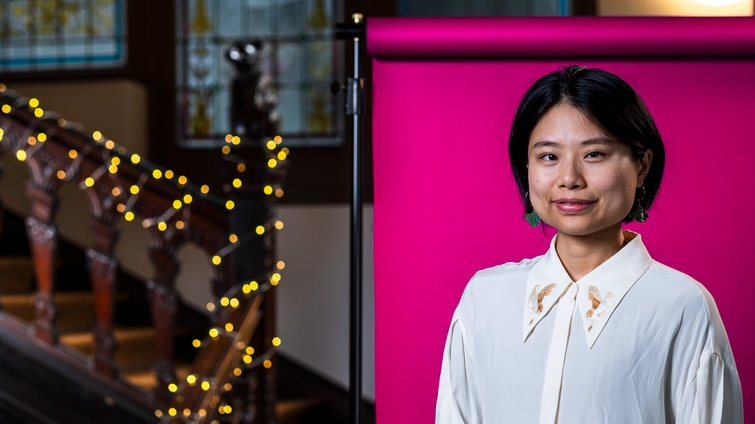
Siqi Tu
I attune to the edges, cracks, and emerging spaces where mobility, diaspora, and (un)belonging take shape—always unfinished, always becoming.
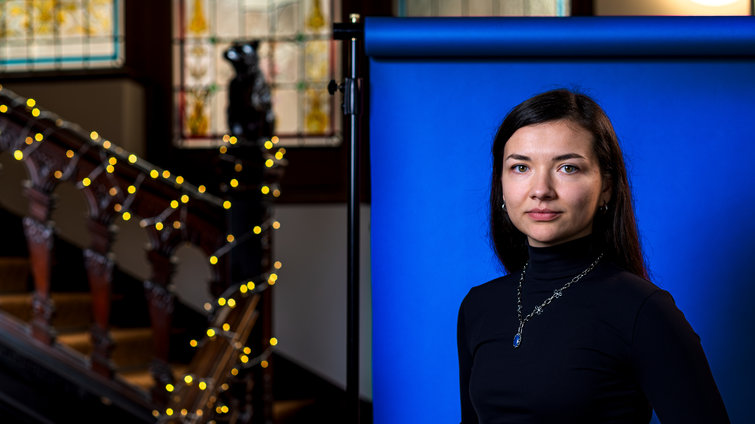
Olga Bostan
Anthropology allows me to approach infrastructures as a lens for understanding the social and political dynamics of everyday life in post-Socialist urban spaces.

Romm Lewkowicz
Anthropology enables me to explore migrant (un)documentation as a project of European self-constitution and a space of legal saturation.

Jeremy Rayner
My research concerns how and why people commit to fostering forms of organization that will allow them to act in concert with others over time; despite, and because of, the individuating pressures they face.
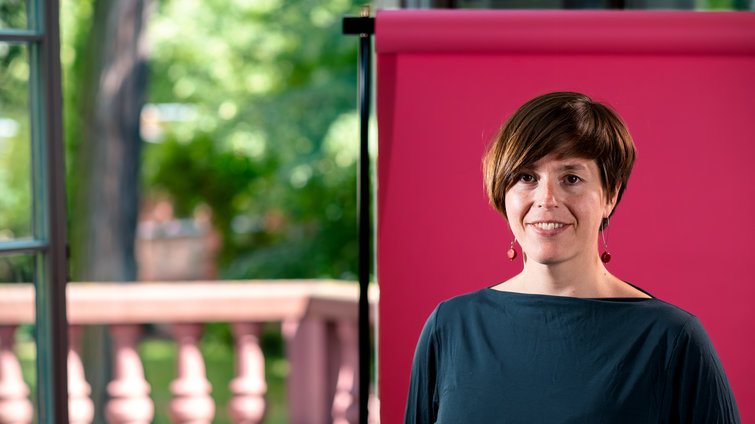
Mascha Schulz
Anthropology inspires me to question preconceptions and to rethink common assumptions – those that shape public debates or academic discourses, and those of my own.

Teresa Cremer
Observing, encountering, being mindful and (un)learning to nurture curiosity about differences and the possibility of co-existence is a crucial part of what I understand as my work as anthropologist.

Danaé Leitenberg
Anthropology allows me to understand how we individually and collectively experience and transform our unequal world.
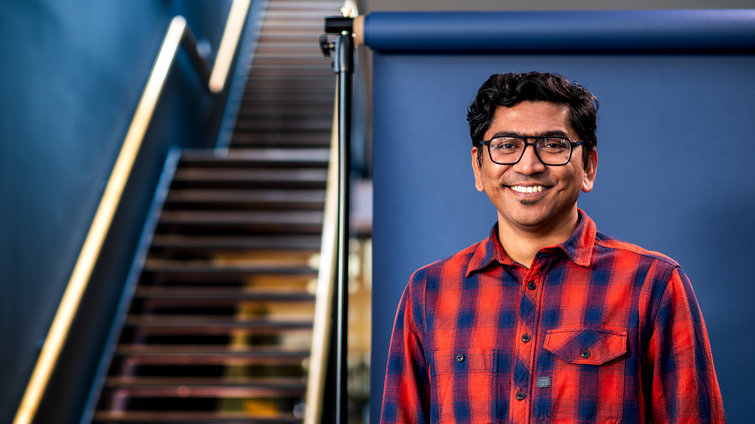
Javed Kaisar
Anthropology allows me to explore human and non-human interactions and the political dimensions of everyday practices.

75 Years Max Planck Society
Insight must precede application. (Max Planck)

Hatem Elliesie
The fundamental idea underlying my research is the desire to better understand the diversity of values and legal perceptions within a society.

Claudia Lang
I am interested in how people rethink mental health in times of increasing digitalization and changing environments.

Lukas Ley
Anthropology allows me to unravel and build towards other futures.

Abduletif Kedir Idris
Anthropology allows me to explore the role of law in the struggle for justice in contexts devoid of rule of law.
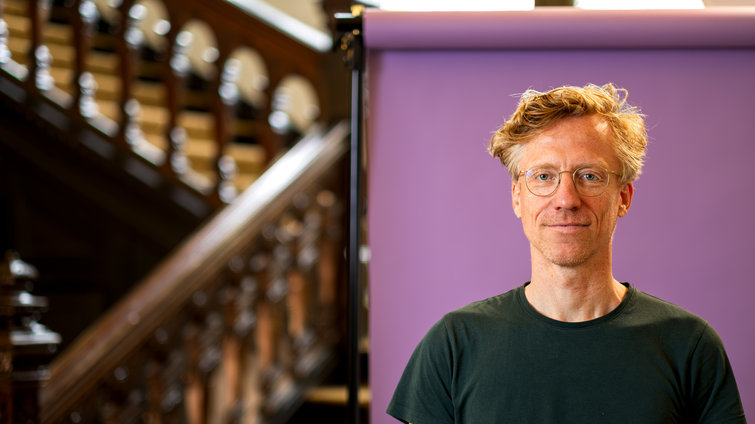
Arne Harms
Anthropology enables me to understand how people live with transforming environments.

Bayar Dashpurev
My work examines the effects of environmental rights in the south Gobi, where mining is the dominant activity.
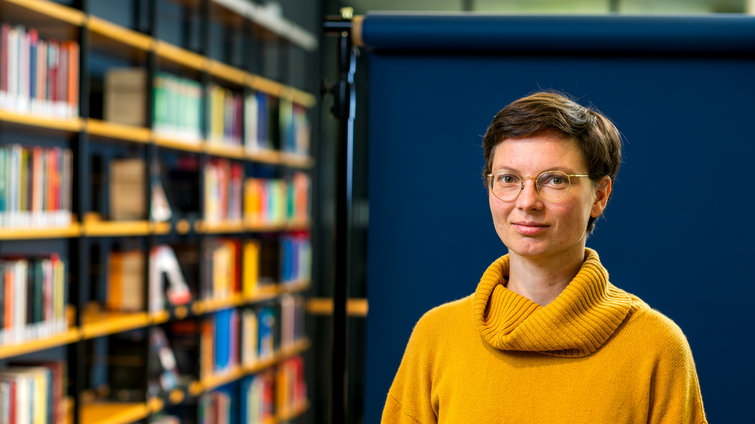
Hanna Nieber
Anthropology enables me to learn how people make sense of the world.
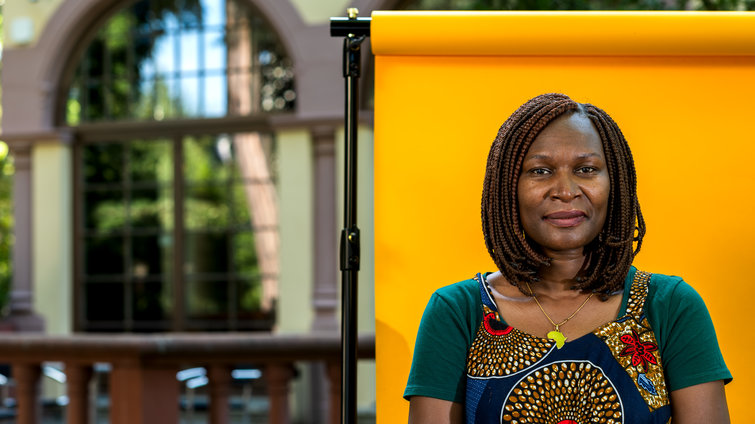
Sophie Nakueira
With ethnographic methods I can capture how laws and policies are experienced by people in particular contexts and provide insights into why policies work or fail.

Samiksha Bhan
Anthropology enables me to explore how people make sense of disease and demand care in situations of marginality.
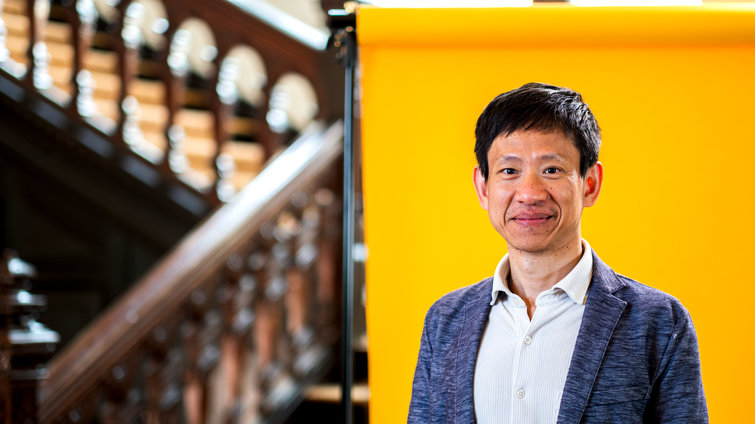
Biao Xiang
I wish to explore what kinds of change are possible when we face deep uncertainty and structural stagnation at the same time.

Jing Jing Liu
My research centers on an anthropology of Africa-Asia to question the endurance of Western hegemony and to imagine new futures for global citizens.

Andrew Haxby
I continue to see anthropology as a lens for understanding the meaning of everyday life, one that is well suited for making sense of how our world is transforming.

Desirée Kumpf
I study how people engage with environmental politics in their daily lives – for example, Green Growth or new conservation approaches like rewilding.
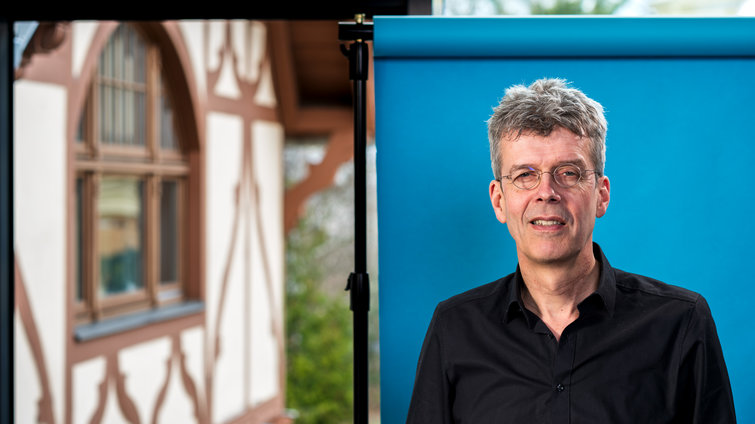
Christoph Brumann
Urban development, UN operations, Buddhist economies – anthropology helps me to make sense of modern institutions and their contradictions.
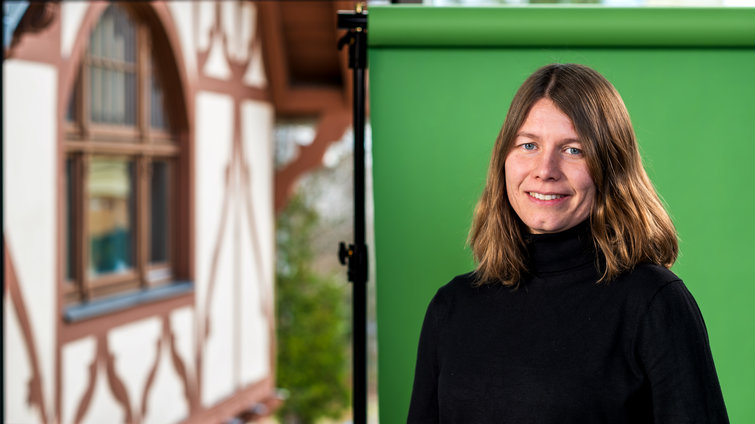
Julia Vorhölter
Anthropology allows me to question the taken-for-granted; it reminds me that things could be different and helps me to understand why they are not.
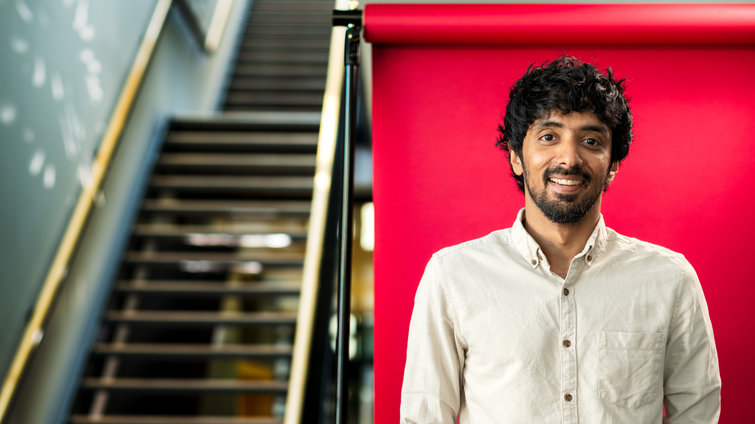
Rishabh Raghavan
My political commitments are frequently challenged, refined and subsequently defined by the field of social anthropology.
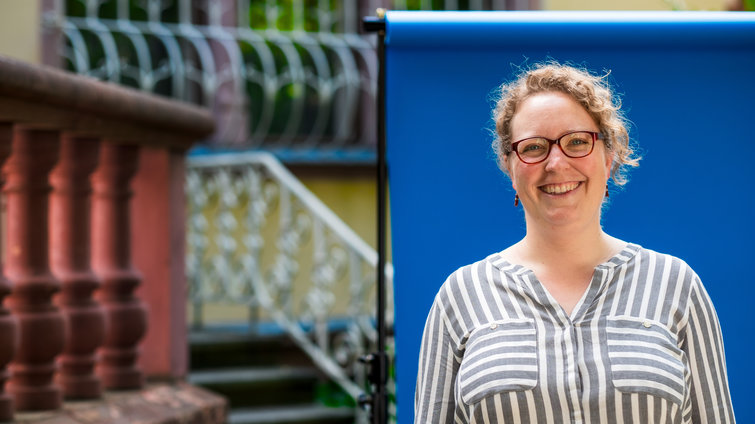
Mareike Schmidt
Anthropology enriches my legal research on transformations in private law on a theoretical, doctrinal, and methodological level and thus allows me to see and understand law from new angles.
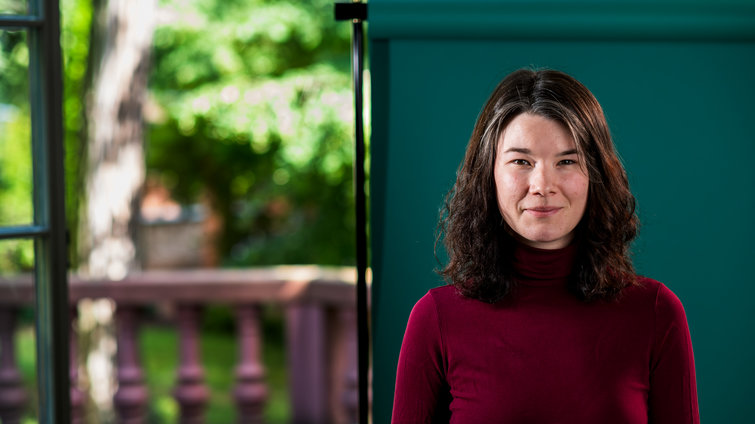
Inge Fiedler
My research focuses on organ donation in Germany after brain-death diagnosis and how next-of-kin are attended to.
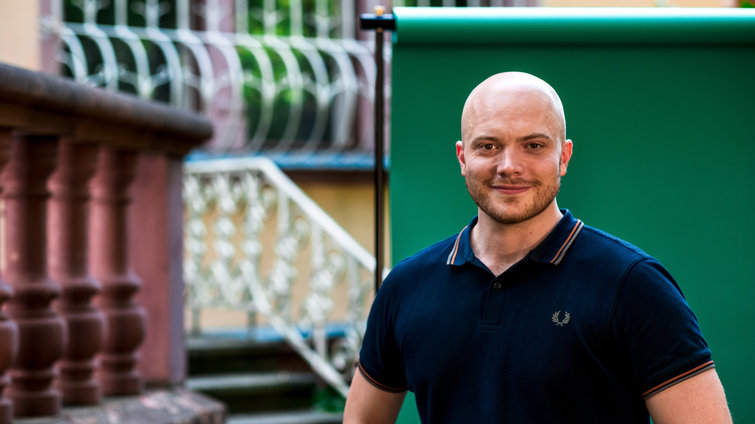
Nikko Kulke
Cultural identity, taboos and hegemonic culture - criminal law is currently facing many challenges. I am interested in how criminal law is justified in this context and how it must be formulated in a multicultural society in order to persuade everyone of its legitimacy.

Max Fuchs
Social anthropology provides a valuable lens through which I examine how local LGBTQIA+ communities navigate both the multifaceted challenges they encounter in Namibian society at large and the socioeconomic disparities within their own networks.
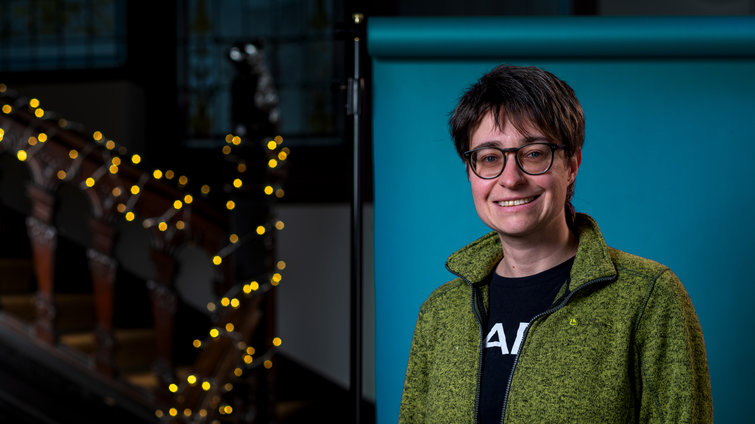
Xenia Cherkaev
I am interested in the nexus of ethics, property and political thought: in questions of cooperatives and collectives, customary use-rights and household economies. I tell stories and think about social theory.
News
How Environmental Rights Can Contribute to a Better Future
December 01, 2025
From 4 to 5 December 2025 a conference entitled “Environmental Rights in Multiple Contexts – Stocktaking and Moving Forward” will be held at the Max Planck Institute for Social Anthropology. Organized ...
European Case Law in a Diverse Society
November 21, 2025
On 27 und 28 November 2025 the Max Planck Institute for Social Anthropology will host the annual conference of the CUREDI project. CUREDI (Cultural and Religious Diversity under State Law across ...
Waiting as a universal human experience – short film about Indian bureaucracy successful at the RAI Film Festival
August 04, 2025
Ikuno Naka, Research Fellow at the Max Planck Institute for Social Anthropology and Garima Jaju, Smuts Research Fellow at Cambridge University, talk about filming bureaucracy, waithood and the ...
























